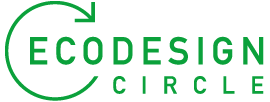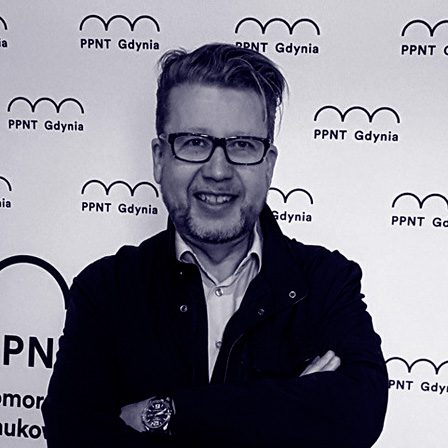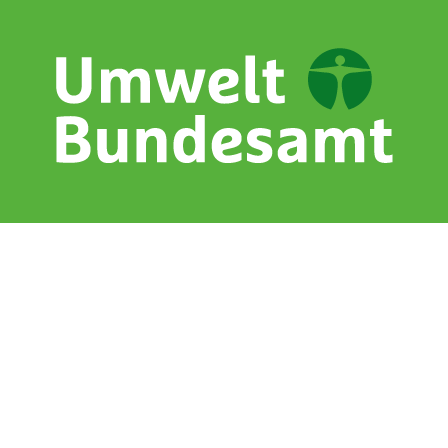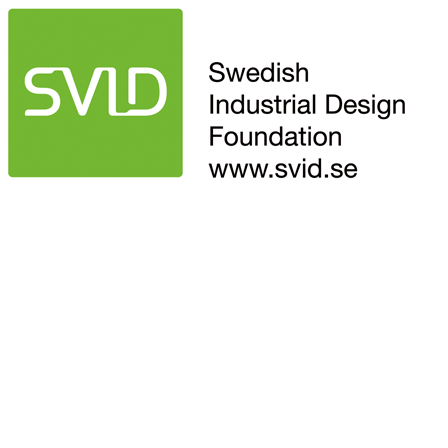Workshop #1: »Learning Factory Ecodesign«
implemented by Fraunhofer Institute IZM and Tapani Jokinen
10:00 AM – 1:00 PM
Venue: Water Showroom

The future of design is circular. Do you want to be part of it and become an ecodesign practitioner? The »Learning Factory Ecodesign« is a training open for professionals and teachers. It aims to convey methods and tools to enable participants to design products and services for a Circular Economy. You will develop a meaningful product or service for users, while minimizing its environmental footprint and developing a sustainable circular economy business model for it.
Fraunhofer Institute for Reliability and Microintegration IZM
As part of the Fraunhofer-Gesellschaft, Fraunhofer IZM specializes in applied and industrial contract research. Fraunhofer IZM’s focus is on packaging technology and the integration of multifunctional electronics into systems.
Tapani Jokinen is a Design Consultant, Strategic- & Ecodesign Contractor at Fraunhofer IZM and owner of TJ-Design, a creative consultancy that fuses strategic innovation and design with sustainability and ethical business to drive positive impact on a global level. Furthermore, he is Chief Design Officer at Circular Devices, the Finnish startup behind Sustainable Puzzlephone. Tapani is one of the authors of the »Learning Factory Ecodesign« program where he is teaching and facilitating training modules, innovation workshops and lecturing about Circular Design in seminars and conferences. The »Learning Factory Ecodesign« methods and principles are featured in the online web tool »Sustainability Guide«.
Workshop #2: »Can we prevent marine litter by better design?«
hosted by German Environment Agency
10:00 AM – 12:00 noon
Venue: Green Garage
It is estimated that globally 4.8 to 12.7 million tons of plastic enter the ocean annually. This marine litter has severe consequences for the marine environment, its organisms as well as humans. During this interactive workshop, we will shortly introduce the participants to the topic of marine litter with a focus on the Baltic Sea. In small groups, we will discuss, among others, the following questions:
How can product design contribute to prevent marine litter? How can products be designed in a way that, should they end up in the oceans, they cause as little damage as possible? What do designers, producers, service developers and engineers need to know in order to contribute in an adequate way to marine litter prevention? What are the opportunities and limitations of sustainable design with regard to marine litter? What are supportive systems? Which further framework conditions are needed so that ecodesigned services and products reach their objectives?
Participants are encouraged to bring in their experience, knowledge and ideas!
German Environment Agency
Founded in 1974, the German Environment Agency is Germany’s main environmental protection agency with its headquarters in Dessau. Around 1,500 employees concern with an extremely broad spectrum of issues, including waste avoidance, climate protection, and development of criteria for Blue Angel-labelled products. The agency’s work centres on gathering and analysing data concerning the state of the environment, and making projections. Based on these findings, federal bodies, such as the German Federal Ministry for the Environment, are provided with policy advice. Furthermore, the general public is provided with information and citizens’ questions are answered.
Workshop #3: »Circulab, the Circular Economy Business Game«
implemented by Phoebe Blackburn and Michel Wolfstirn
2:00 PM – 4:30 PM
Venue: Water Showroom
»Circulab« is a gamificated approach imagined and developed by the design agency Wiithaa in order to help organizations seize the economical, social and environmental opportunities of the Circular Economy. Whether you're a corporate, an SME, a non-profit, a local authority or government agency, a university or any other kind of organisation, you can benefit: by finding ideas of how to reduce your negative impacts, such as waste, and increase your positive impacts, such as new products and services and reducing resource costs. It can help map and re-evaluate your stakeholders, so as to become more sustainable and successful.
Prior to going freelance, Phoebe Blackburn worked for 8 years at French energy group EDF in London and Paris, in communications and CSR. She is a member of the Circulab Network, started in Paris in 2015, with 50 facilitators worldwide, whose goal is to promote the circular economy model using various tools. She also does editorial work and moderating and is a language coach for TEDx speakers and managers. Phoebe is a founding member of German co-operative sustainable natives.
Michel Wolfstirn is the co-founder of BiomimicryNorway, a non-profit focused on education related to nature inspired innovation. As a consultant he is also providing services related to sustainable innovation using the circular economy and biomimicry as frameworks for finding better solutions in design, engineering and business models. Michel is currently involved in two circular urban farming projects in Oslo. He is a certified Circulab consultant and he is an experienced workshop facilitator.
Workshop #4: »BEDA Ecodesign network Kickoff«
hosted by SVID Swedish Industrial Design Foundation
2:00 PM – 3:00 PM
Venue: Green Garage

The newly formed BEDA (Bureau of European Design Associations) Ecodesign Cluster is a competence network focusing on ecodesign. It is a transnational network designed to bundle knowhow and competences in the field of ecodesign. During the »Circular Design Forum«, SVID Swedish Industrial Design Foundation will host a kickoff for the Ecodesign network. Everyone that has interest to be part of the network is welcome. Participants do not have to be a member of BEDA to join the network and do not commit themselves to be a future member by attending. The kickoff aims to meet and set agenda for upcoming activities and the opportunity to meet new contacts.
SVID, Swedish Industrial Design Foundation
The goal of the Swedish Industrial Design Foundation is to increase national awareness of design as a competitive tool and driver for sustainable development in all innovation and change processes. SVID aims to develop and deepen the understanding of design and design methodology in businesses, the public sector, research and society in general. The foundation operates cross-functionally where they can link actors, disseminate knowledge and strengthen the potential for design-driven development. To foster this development, SVID creates platforms and networks where growth and prosperity are developed and nourished.





